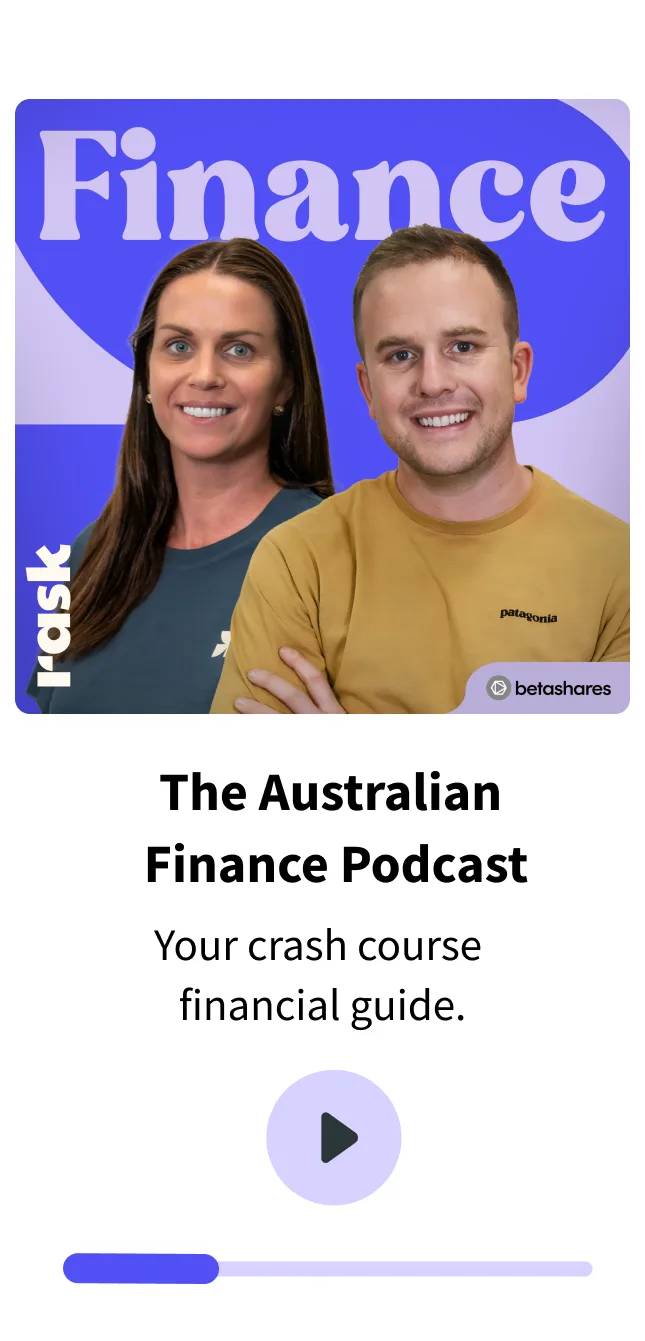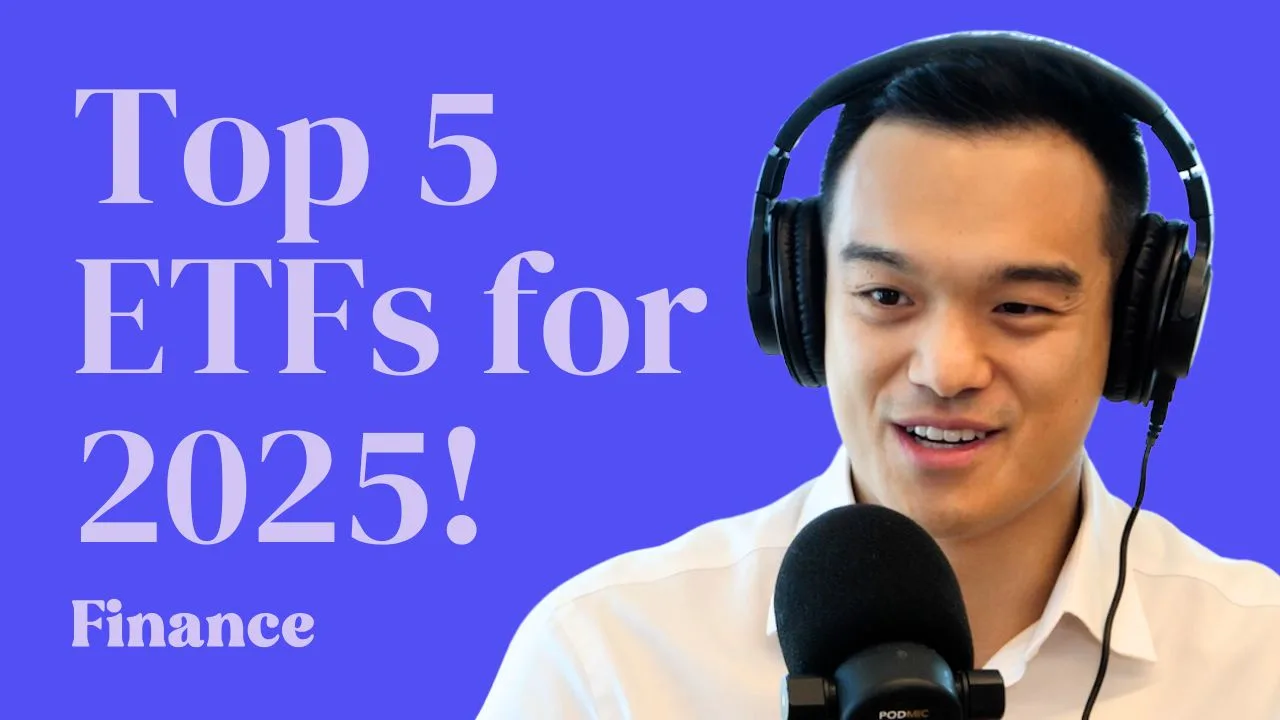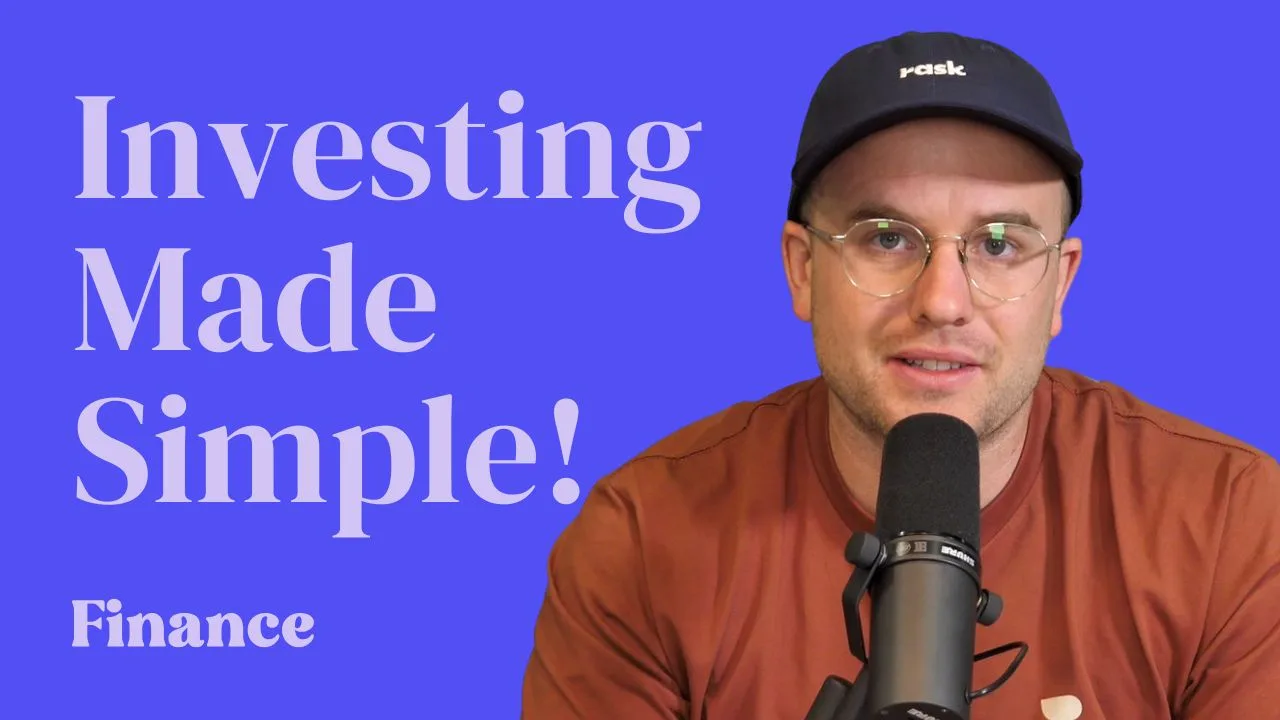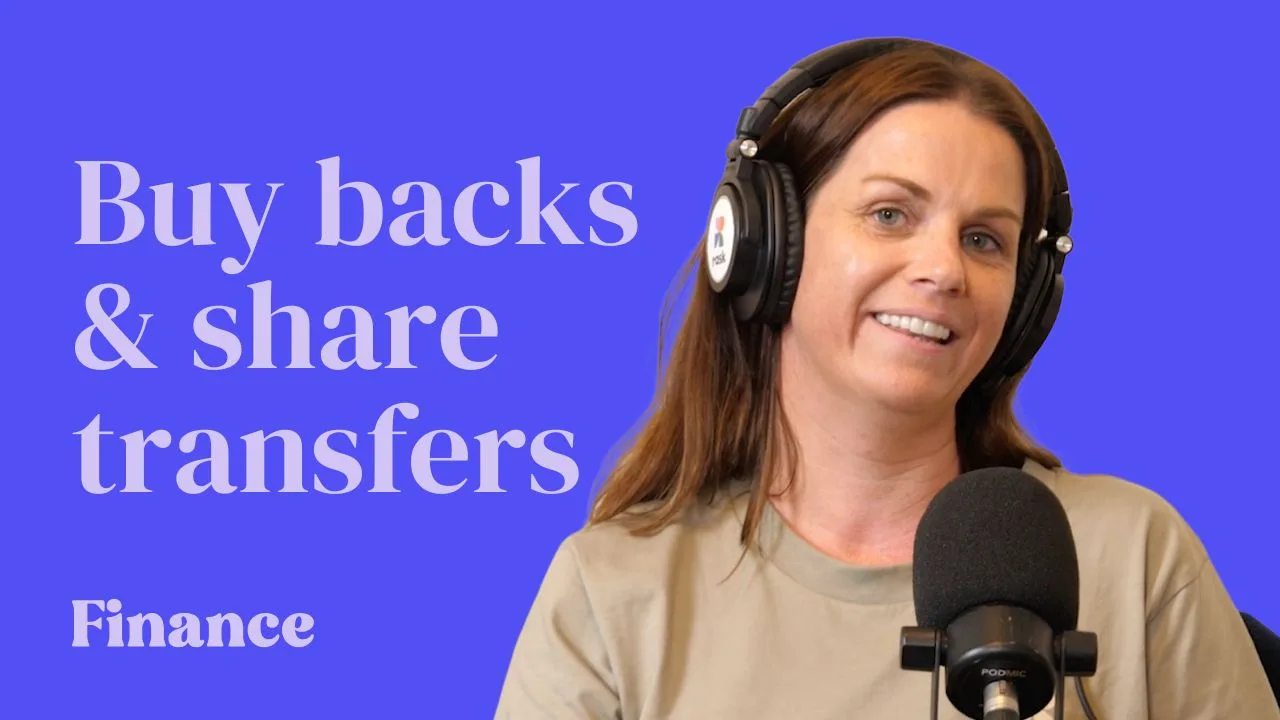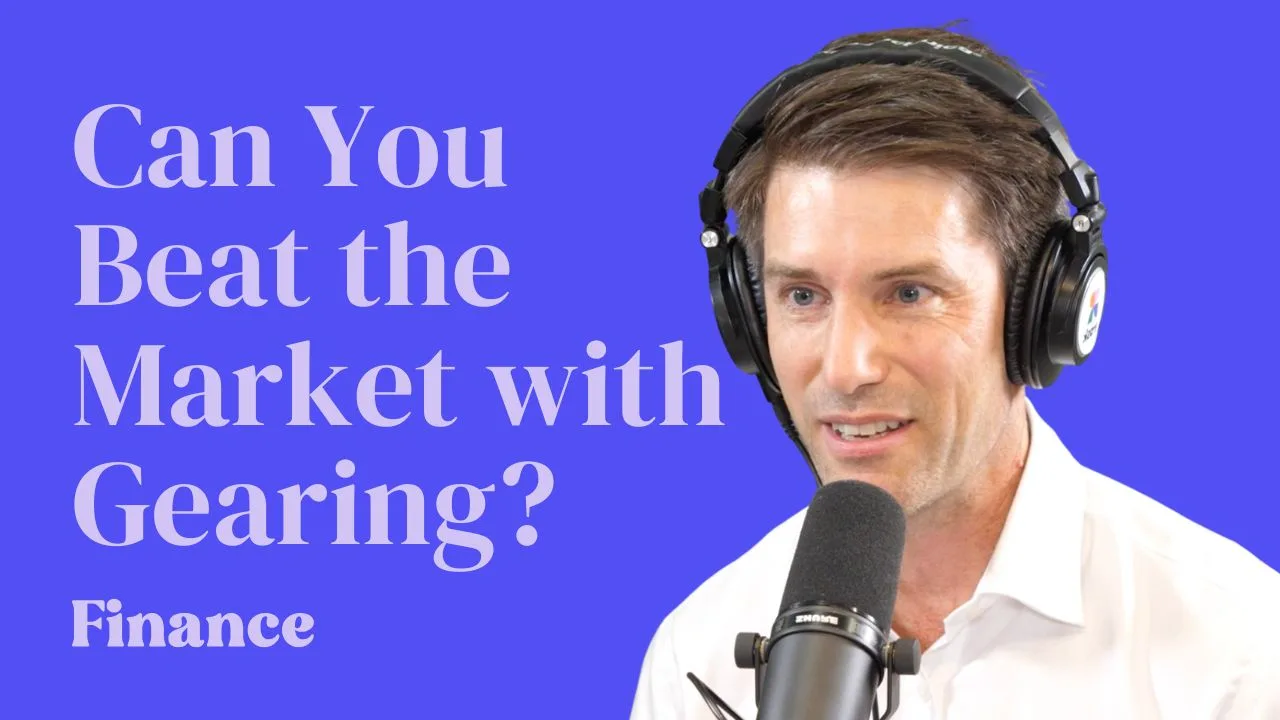In 2020, I got involved in a community project with Pearler (who partner with us on The Australian Finance Podcast), who were putting together an eBook to connect Australia’s Financial Independence Retire Early (FIRE) community.
They recently turned this into a FREE audiobook, with each chapter released as a podcast episode on Apple Podcasts & Spotify. It’s a great way to hear from different voices in this space, as everyone’s path to financial independence looks different. If the idea of FIRE sounds intriguing, we’ve also got a free course on Rask Education on the topic.
As I revisited and updated the chapter I wrote for the eBook, I realised how much my money and investment approach has evolved in the last five years.
So much has changed over the past half a decade, but in other ways, so much hasn’t. I still save, invest, work towards goals, and make mistakes (I’m learning, slowly ). Today, I want to share what’s changed because it’s a fascinating way to reflect on what I’ve learnt and how my own priorities have changed. Remember, our personal finance journey is ultimately personal, and this is mine.
Number #1: I’m less worried about money
I’ve been saving and investing for over seven years now, and slowly money has become less of a focus point for me. I’m so grateful to be in a position now where I know I’ve got an emergency fund ready for action if anything happens.
Plus, now I’ve done what my co-host Owen calls, my “money apprenticeship”. I’m not spending all my spare time learning how to manage my money. That’s one of the great things about financial education: it’s yours for life.
Number #2: I don’t set many financial goals anymore
I used to set a long list of goals every year, which usually worked, but it meant I wasn’t as focused on achieving a few specific outcomes. When it comes to my finances, I typically set one short, one medium and one long-term goal.
Having fewer goals helps me stay focused, make meaningful progress and organise my investments to fit the different timelines.
Number #3: My investment plan doesn’t change very often
During the first few years, my approach to investing changed as quickly as the weather in Melbourne. I kept trying different apps, untried strategies and investing in new companies I heard about. But all that did was create a lot of paperwork.
Don’t get me wrong, I learnt a lot during this time, but it wasn’t until I wrote down my Core & Satellite investment plan that I started making meaningful progress towards building wealth. These days, my plan has remained the same (bar a few adjustments) for the last few years, and I’m not doing much selling.
Number #4: I only update my net worth tracker twice a year
When I had just saved my first $1,000 and was at the beginning of my personal finance journey, my very own net worth tracker was one of the tools I used to track my progress. I created a spreadsheet with columns for my assets and liabilities and rows for each date I inputted the data.
At the start, I was so enthusiastic about making progress towards my financial goals that I was updating this spreadsheet regularly. Nowadays, I only update my net worth tracker twice yearly, check my brokerage account occasionally and don’t tie my progress to these numbers. Remember, your net worth doesn’t equal your self worth.
Number #5: I have enough…
And the biggest one of all: I have enough. While I’m not financially independent, I know I’ve got what I need to meet my short-term financial commitments. While I still have goals I’m working towards in the future, I’m happy where I am right now.
Plus, I’ve learnt how to use my money intentionally in ways that add value to my life (think memorable experiences, buying gifts for friends and donating to charity).
What about you?
While writing this article, I also reached out to the Rask community to see what some of your most significant changes over the past five years have been. Here’s what you said:
- In the past, I would randomly buy ASX shares with no plan, but now I have a diversified ETF portfolio.
- We adopted the Barefoot method and actually have money for the first time.
- Being more intentional about my money has changed how I think about it and spend it dramatically.
- My wife and I started saving more, investing and finding other sources of income.
- Breaking out of a monthly credit card cycle helped us reduce our monthly expenses by $2k.
